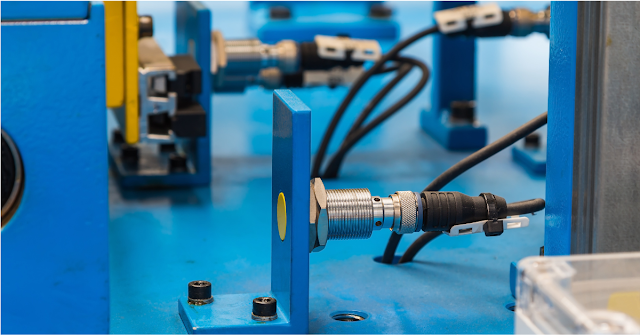In today's rapidly evolving industrial landscape, Automation Engineering is revolutionizing how businesses operate. It blends electrical systems, instrumentation, and control technologies to improve productivity, accuracy, and safety in manufacturing and process environments.
Whether it's a food processing plant, an oil refinery, or a smart factory, automation is the backbone of modern industry.
What is Automation Engineering?
Automation engineering involves designing and implementing control systems that operate machines and processes automatically, with minimal human intervention. These systems ensure:
High-speed production
Consistent product quality
Real-time monitoring and control
Overview of Key Components
Electrical Systems
These supply and manage power to machines and devices.
Power distribution units
Circuit breakers and relays
Motor control centers
Variable Frequency Drives (VFDs)
Instrumentation Systems
These systems measure and monitor physical quantities.
Sensors for temperature, pressure, level, flow
Signal converters and transmitters
Data loggers and acquisition modules
Control Systems
The brain of automation, managing and regulating operations.
Programmable Logic Controllers (PLC)
Human-Machine Interface (HMI)
Supervisory Control and Data Acquisition (SCADA)
Distributed Control Systems (DCS)
Why Automation Engineering Matters in Modern Industry
Automation engineering is not a luxury—it’s a necessity for industries looking to thrive in the digital era.
Top Benefits of Automation:
Higher Productivity – Operates 24/7 with reduced downtime
Improved Safety – Minimizes human exposure to hazardous environments
Cost Efficiency – Reduces labor and energy costs
Enhanced Accuracy – Minimizes errors and improves quality
Real-time Monitoring – Enables predictive maintenance and faster response
Applications Across Industries
Automation engineering is used in:
Manufacturing (automated assembly lines)
Oil & Gas (process control and monitoring)
Food & Beverage (batch control and packaging)
Pharmaceuticals (precise environmental controls)
Utilities (SCADA for power and water systems)
Conclusion
Automation Engineering is at the heart of the Fourth Industrial Revolution (Industry 4.0). As industries demand smarter, faster, and safer solutions, the role of automation engineers continues to expand. If you’re passionate about technology, problem-solving, and innovation, this is a field with limitless potential.







0 Comments